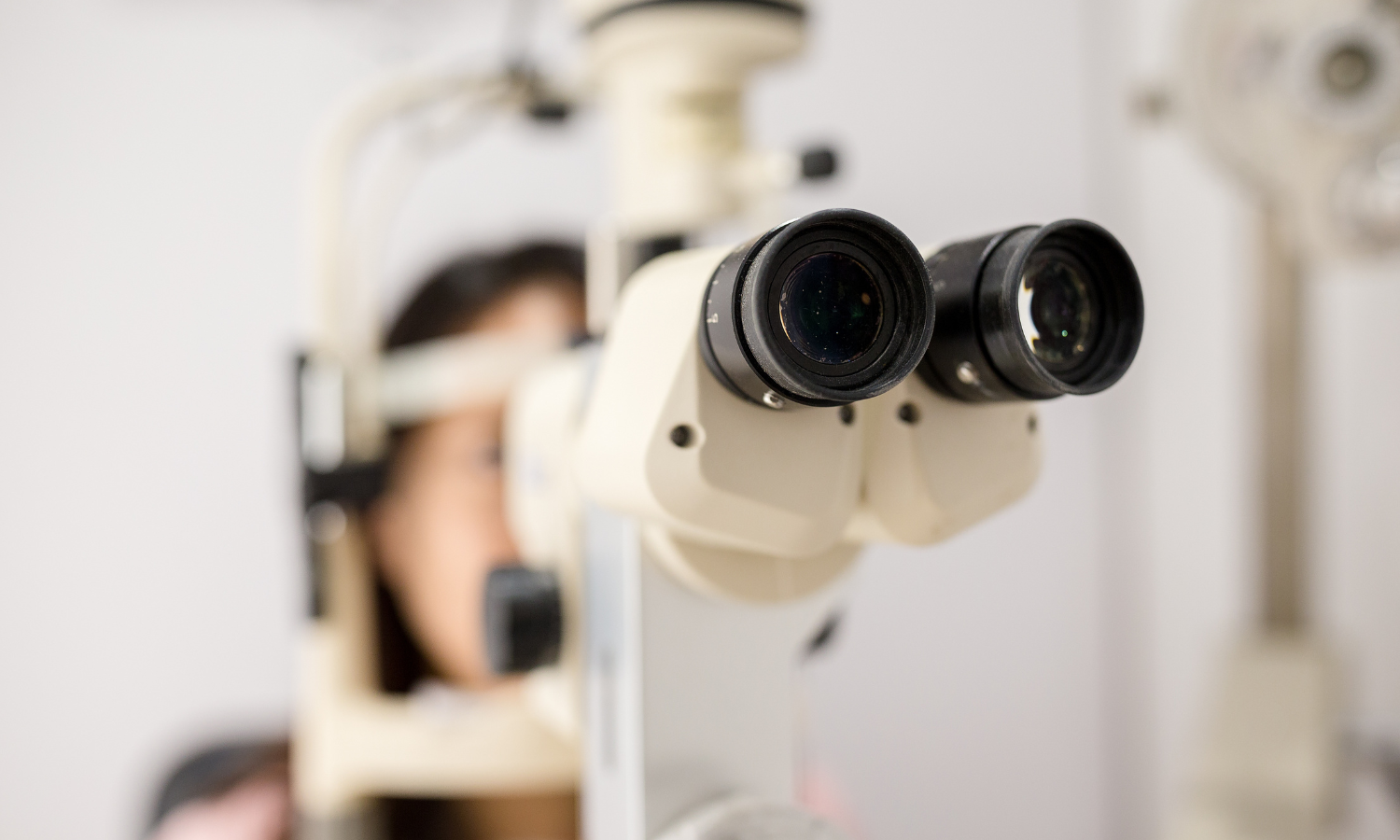Capital Ophthalmic
Common Signs Your Ophthalmic Equipment Needs Repair and Maintenance

Ophthalmic equipment are sophisticated tools that play an instrumental role in diagnosing and treating various ocular conditions. However, like all machinery, they are subject to wear and tear over time. Regular maintenance and timely repairs are crucial to ensure their longevity and accuracy. When these needs arise, reputable ophthalmic equipment companies like Capital Ophthalmic can offer reliable and efficient ophthalmic equipment repairs, ensuring your practice experiences minimal downtime.
The Importance of Regular Ophthalmic Equipment Maintenance
Regular maintenance helps to identify and rectify minor issues before they escalate into major problems, which could necessitate costly repairs or even total replacement. From slit lamps to retinal cameras, every piece of equipment benefits from regular check-ups, cleaning, and timely adjustments, ensuring they serve your practice for years to come.
Ophthalmic equipment companies specialize in this field, offering comprehensive maintenance services that adhere to industry standards. When you're searching for ophthalmic equipment repair near me, remember that preventive maintenance is just as essential as repairs, if not more. By investing in regular maintenance, you're effectively investing in the longevity of your equipment and the quality of care you provide to your patients.
Signs You Need Repair and Maintenance
Recognizing the warning signs that your ophthalmic equipment needs repair is crucial for maintaining the quality of care you provide to your patients. Here are some common indicators that might signal it's time to look up ophthalmic equipment repair near me and get in touch with professional ophthalmic equipment companies.
Inconsistent Readings
One of the first signs that your ophthalmic equipment might need repair is inconsistent or unreliable readings. If your equipment is giving varied results under similar conditions, it could be an indication of a calibration issue or a more significant internal problem. Regular checks for consistency help spot these issues early.
Physical Damage
Any visible signs of damage, such as cracks, fraying cables, loose parts, or wear and tear, should be addressed immediately. Physical damage can not only affect the performance of the equipment but also pose safety risks to both the operator and the patient.
Frequent Errors
If your equipment frequently displays error messages or stops working unexpectedly, it could be a sign that repairs are needed. These errors could be due to software issues, mechanical failure, or other internal problems that require professional attention.
Changes in Noise or Vibration
Sudden changes in the noise level or vibration of your ophthalmic equipment may indicate a problem. Unusual sounds or excessive vibrations during operation could signal mechanical issues that need immediate repair.
Decreased Efficiency
If your equipment takes longer than usual to complete its functions or heats up quickly, it may be running inefficiently. This decrease in efficiency can be a symptom of various underlying issues, including worn-out parts or the need for recalibration.
Remember, early detection of these issues can save you from costly repairs or replacements in the future. Regularly servicing your equipment with reliable ophthalmic equipment companies like Capital Ophthalmic can help ensure that your tools are always in peak condition, ready to provide accurate and reliable results. We also offer a selection of high-quality used ophthalmic equipment, providing cost-effective solutions for practices looking to expand their services without a hefty price tag.
Capital Ophthalmic
Instrument Service Inc.




